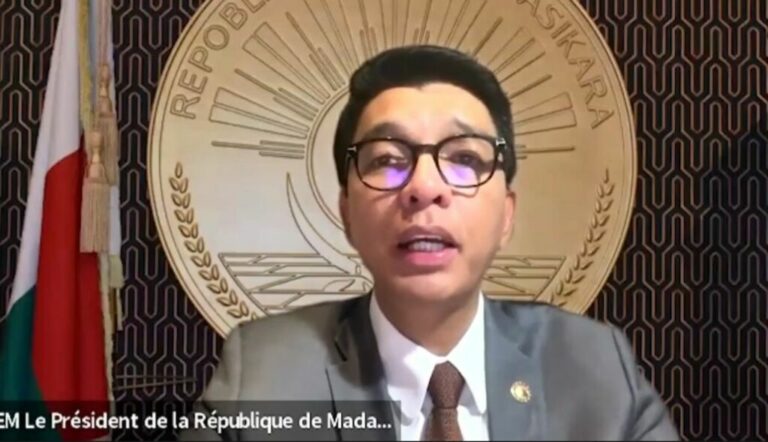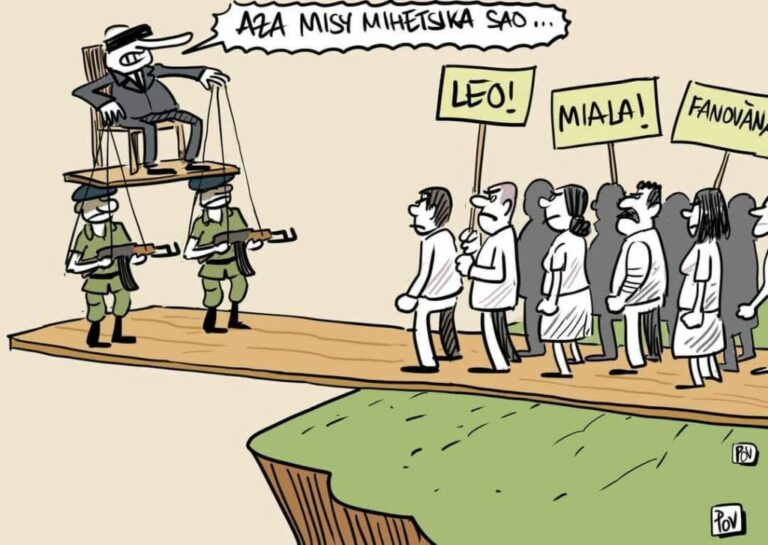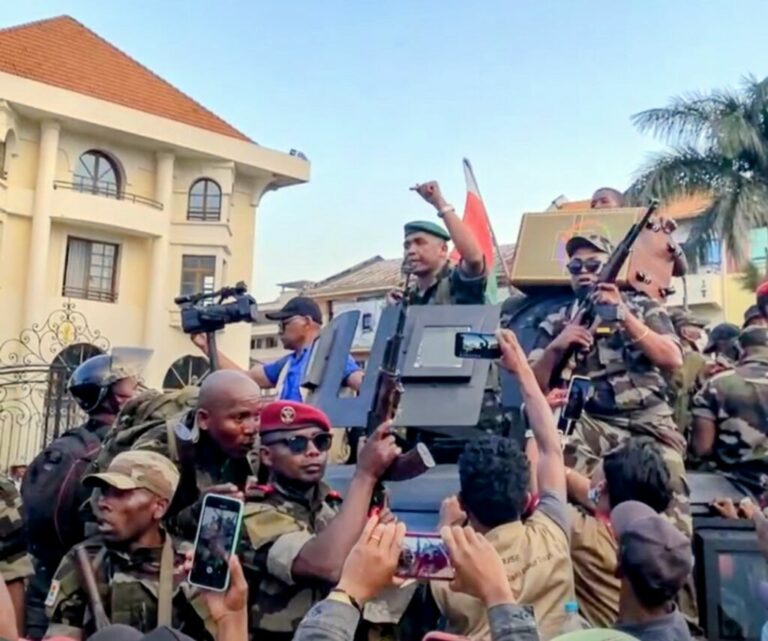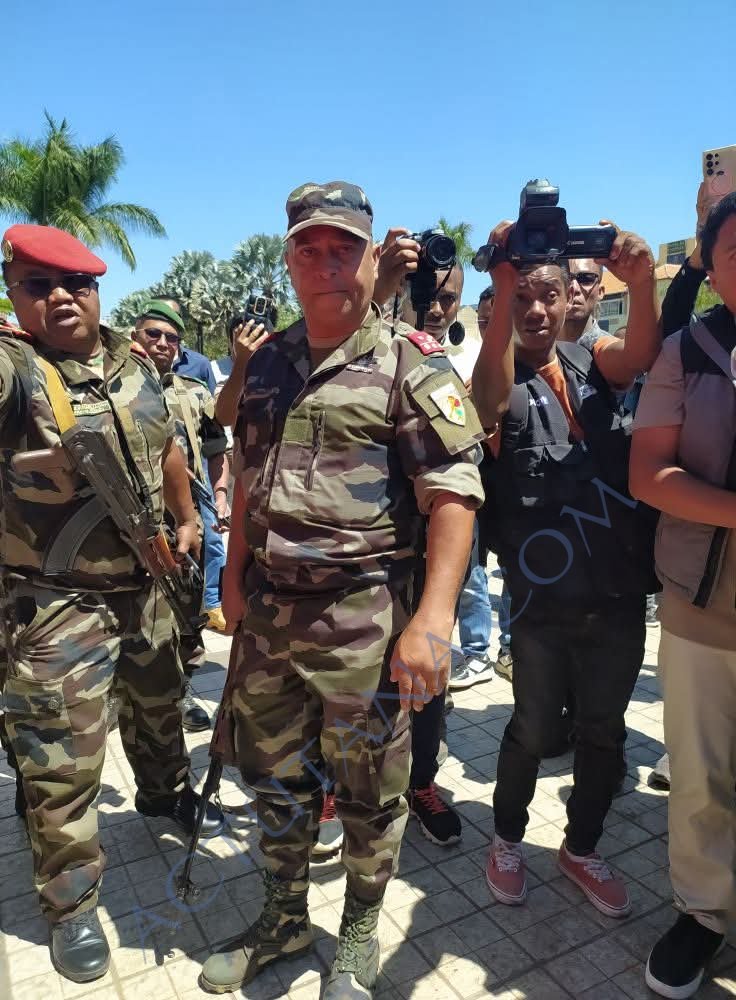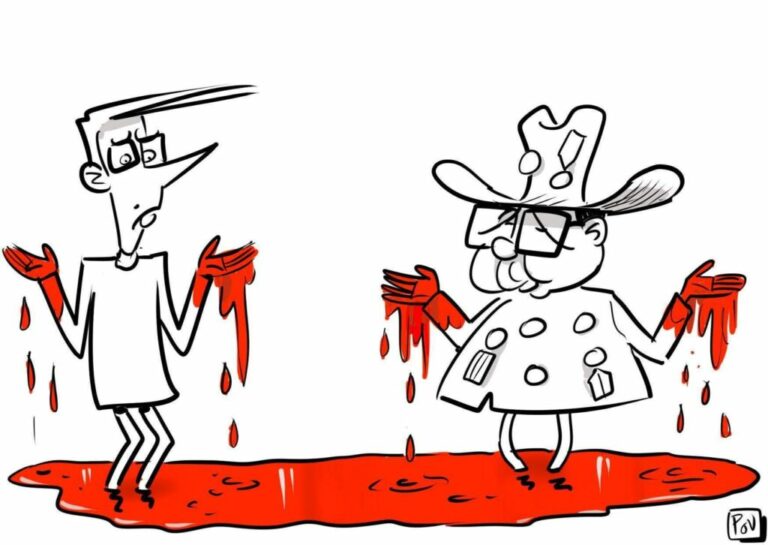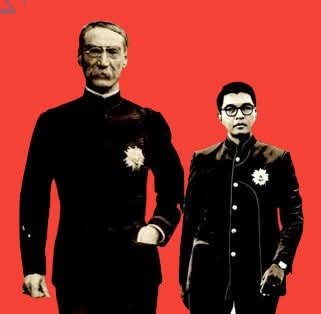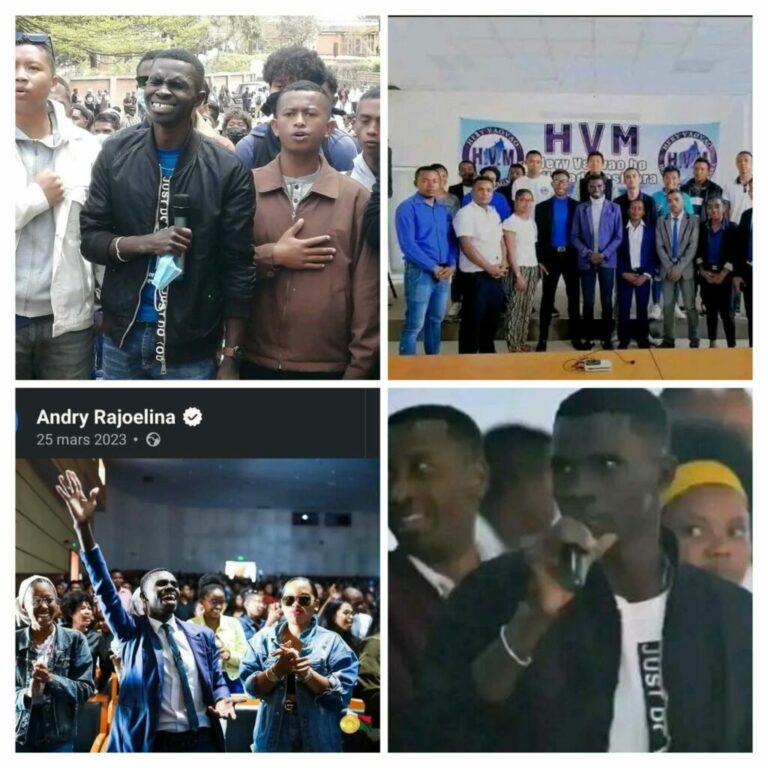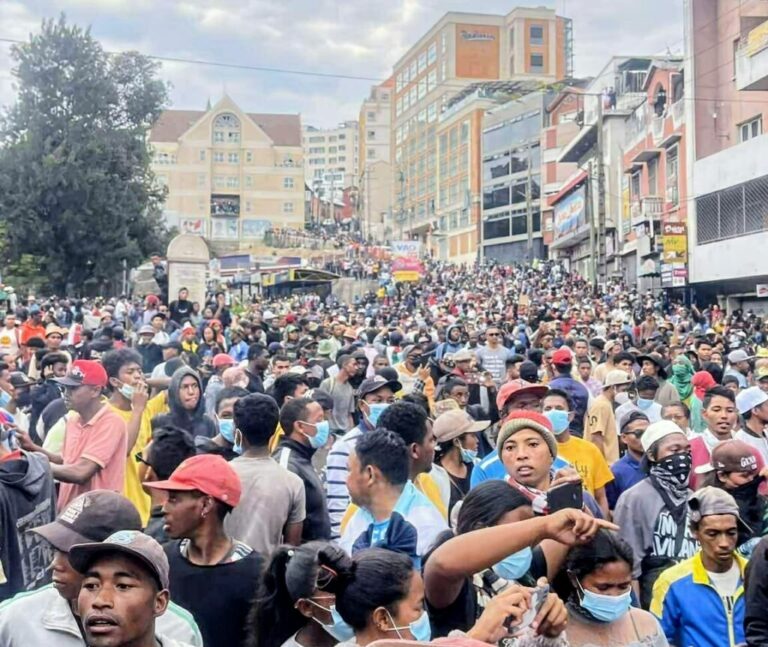
… with famous examples, please 🤣
Mythomania is a pathological tendency to lie and fabricate.
It is not just an occasional lie, but a systematic and compulsive behavior in which the person has difficulty distinguishing between what they invent and reality.
Often, mythomaniacs create an alternate reality to avoid suffering or to portray themselves in a more flattering light.
They don’t necessarily lie to manipulate or gain material advantage, but rather out of an internal need to fabricate an identity or experience they can’t accept in reality.
It’s important to note that the term “mythomania” is less commonly used today by mental health professionals, who prefer terms like “pathological lying” or associate it with other personality disorders (borderline, narcissistic, etc.) or syndromes like Munchausen syndrome (where the person fakes illnesses to gain attention).
Here are some famous examples or high-profile cases illustrating behaviors that may be linked to mythomania or large-scale deception:
- Tania Head: She claimed to be a survivor and hero of the September 11, 2001, attacks, telling harrowing stories that moved the world. She even became president of the World Trade Center Survivors’ Network. However, a New York Times investigation revealed that her entire story was a complete fabrication.
- Misha Defonseca: She wrote a best-selling book, “Misha: A Memoir of the Holocaust Years,” in which she recounted surviving the Holocaust by walking 3,000 kilometers, protected by wolves. The story turned out to be a complete fabrication, revealed following a financial dispute.
- Jean-Claude Romand: This famous case involves a man who lied to those around him for years, posing as a brilliant WHO doctor, even though he had no qualifications and lived off his relatives’ money. Cornered by the truth, he ended up murdering his family. Although his case is complex and involves much more than simple mythomania, it illustrates a life built on complete deception.
- Patrick Poivre d’Arvor (PPDA): The journalist was accused of inventing or exaggerating meetings and reports, including a fake interview with Fidel Castro. Although he later admitted that the montage “could be misleading,” it raised questions about the veracity of some of his stories.
- George Psalmanazar: In the 18th century, this man claimed to be from Formosa (present-day Taiwan) and invented a Formosan language, customs, and religion from scratch. He even published a detailed book about his supposed homeland before confessing to his deception.
These examples show how mythomania or tendencies toward deception can have far-reaching consequences, ranging from simple fabrication to criminal actions, and how they can deceive a wide audience.
And in politics?
Politics is a field where lies and fabrications are unfortunately common, although the term “mythomania” in the clinical sense is rarely applied directly to political figures.
We tend to talk more about political lies, disinformation campaigns, spin (targeted communication), or post-truth.
However, certain behaviors can be similar, particularly when the lies become systematic, outrageous, and seem to stem from a need to create an alternative reality for reasons of power, image, or control.
Here are some examples of political figures (or political situations) who have been widely criticized for their lies or fabrications, some even being labeled “pathological liars” by their detractors:
- Donald Trump (United States): During his presidency and campaigns, Donald Trump was accused of uttering an unprecedented number of lies and misleading statements, often contradicted by the facts. The Washington Post even kept a tally of these claims. These lies covered a wide variety of topics, from economic figures to election results to historical events. His detractors have sometimes used the term “pathological liar” to describe him, highlighting his apparent indifference to the truth.
- George Santos (United States): Republican congressman from New York, George Santos has become a textbook example of political fraud. Even before taking office, it was revealed that he had falsified much of his resume, inventing education, professional experience, family background (claiming to be Jewish and to have ancestors who fled the Holocaust, when this was not the case), and even details about his personal life. His case is a striking example of fabrication extending to all aspects of his biography to construct a flattering image and win a seat.
- “Political Liar Award” (France): In France, initiatives such as the “Political Liar Award” were created to “reward” political figures for statements deemed patently false, broken promises, or blatant about-faces. Among the “winners” and politicians often cited for lies or inaccuracies are names like Nicolas Sarkozy (for “his entire career,” according to one edition of the award), François Fillon (notably for the Penelope Fillon affair and his lies about hiring dates or his wife’s role), Robert Ménard (for claims about immigration), and Manuel Valls (for his changes of position).”Post-truth” and “fake news”: More broadly, the era of “post-truth,” where emotions and personal beliefs prevail over objective facts, has created fertile ground for the spread of fabrications in politics. Fake news and massive disinformation campaigns on social media are common manifestations of this phenomenon, used by certain political actors to influence public opinion without regard for the truth.
It is important to distinguish simple political lying (strategic and conscious) from clinical mythomania.
However, when lies become systematic, disconnected from reality, and aimed at constructing a completely fabricated image or reality, one may wonder about psychological traits akin to mythomania, even if mental health professionals are cautious before making such a diagnosis of public figures.
And in Africa?
In Africa, as everywhere else, politics is fertile ground for lies, exaggerations, and sometimes forms of deception that can resemble mythomania, even if clinical diagnosis remains the responsibility of mental health professionals.
These behaviors are often motivated by the pursuit of power, the maintenance of authority, the legitimization of a regime, or the construction of an image. Here are some examples (or situations) that illustrate this trend in African politics:
- Faustin-Archange Touadéra (Central African Republic): Press articles have described his leadership as “mythomaniac,” referring to statements or promises that appear disconnected from the country’s reality, or a tendency to minimize difficulties and present an embellished version of events.
- Yark Damehame (Togo): Togo’s former Minister of Security, Yark Damehame, has been dubbed by some media outlets as “the chief mythomaniac” following investigations into market fires that resulted in accusations deemed fanciful by the opposition, implicating political figures without solid evidence. This has raised questions about the fabrication of narratives for political reasons.
- Azali Assoumani (Comoros): The current president of the Comoros has been accused by critics of “mythomania” and “bragging” in his book of interviews, particularly for accounts of his military past that were allegedly embellished or forged.
- Denis Sassou-Nguesso (Congo-Brazzaville): The Congolese president, one of the continent’s longest-serving leaders, has sometimes been called a “mythomaniac despot” by opponents and the media, for speeches that, according to them, deviate significantly from the country’s socio-economic realities, or for a certain tendency towards denial in the face of criticism or problems.
- The case Ruzibiza (Rwanda): Although not directly a politician, the case of Abdul Ruzibiza, a former Rwandan soldier, is relevant. He was a key witness in the investigation into the downing of President Habyarimana’s plane in 1994, the event that triggered the genocide against the Tutsi. His testimony, initially considered crucial, was later discredited when evidence emerged that he had fabricated much of his story and was not on the scene at the time. He himself admitted to having fabricated the story, although he later reversed himself. This case illustrates how fabrications can have major political and legal repercussions.
- Fake Election Observers (Cameroon): During the 2018 presidential election in Cameroon, a case involving “fake observers” by Transparency International broke. Individuals claimed to represent the organization to legitimize the election, while Transparency International denied sending observers. This type of deception aims to manipulate public perception and the legitimacy of a political process.Lies about leaders’ health: This is a common phenomenon in Africa, where many heads of state hide their true health from the public. This is not mythomania in the strict sense, but a form of dissimulation and systematic lying that creates a parallel reality to maintain an image of strength and invincibility, as was the case with Umaru Yar’Adua in Nigeria or the speculation surrounding Paul Biya’s health in Cameroon.
- Biographical lies to gain power: As with George Santos in the United States, cases of deception concerning CVs or personal backgrounds have emerged among African politicians seeking to build legitimacy or a favorable image among voters or the elite.
It is crucial to emphasize that, in the African political context, these behaviors are often part of complex dynamics of maintaining power, clientelism, information manipulation, and the weakness of checks and balances.
The line between strategic “political lying” and “mythomania” as a psychological disorder is often blurred and open to interpretation, but the consequences for governance and citizen trust can be devastating.

Thanks, Gemini… and well, as the saying goes, any similarity, blah blah blah… would be purely coincidental 🤣

 5119.73 ar
5119.73 ar 4374.44 ar
4374.44 ar